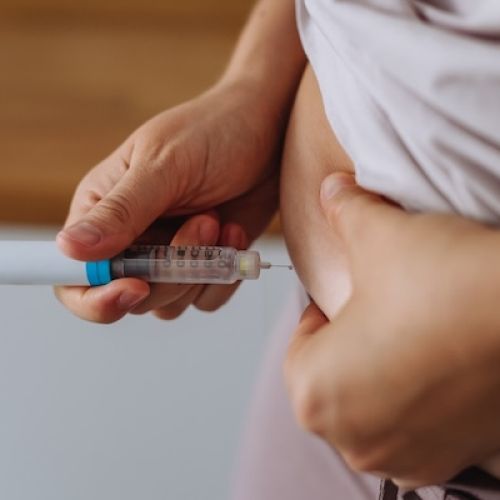How to Increase Fertility in Women

When you feel ready to start a family but find that getting pregnant isn’t happening right away, it’s natural to search for suggestions on how to increase fertility in women. Some reasons for infertility may be beyond your control, but there are some lifestyle changes that may help improve your chances of getting pregnant. The experts at the Center for Reproductive Health can provide comprehensive information on things you can do to improve your chances of attaining a healthy pregnancy.
Strive to Attain a Health Weight
The amount of fat stored in your body can have an impact on hormone levels. If you’re either overweight or underweight, it can affect your menstrual cycle which in turn affects the balance of your hormones. Working toward attaining a healthy weight with diet and exercise can improve menstrual regularity as well as your overall health. If you’re overweight, losing 5 to 10 percent of your current weight can have a positive impact on fertility.
Exercise is one of the most beneficial things you can do for your health and a sedentary lifestyle can greatly decrease your chances of getting pregnant. Talk to your doctor to find out what type of exercise would be best for you and how to gradually increase the amount of time you spend exercising. It’s important not to overdo it because over-exercising can also impact fertility.
Consume a Health Diet
There’s no magic food that will automatically increase your fertility but following healthy diet patterns may help. Some things that should be part of your diet include:
- Fish
- High fiber foods such as whole grains and cereals
- Fresh vegetables and fruits
- Healthy fats such as olive oil
- Legumes, seeds and nuts
Include small amounts of dairy and lean poultry such as chicken or turkey. Limit the amount of foods that are highly processed or loaded with refined flour or sugar. Limit caffeine and avoid alcohol. Including foods rich in antioxidants can help to reduce free radicals that can damage your egg cells. Examples include nuts, berries, kale and cabbage.
Reduce Stress
The more stress you’re under, the harder it is to get pregnant. Frustration over not getting pregnant can add to your feelings of anxiousness. Infertility is probably not the only stressor you’re dealing with. You may also be trying to manage stress involving your career or family. Whenever stress levels rise, there’s a good chance it may impact your ability to get pregnant.
Learning to better manage stress may have a positive impact on fertility. Make it a point to spend some time relaxing every day. Think about what makes you feel relaxed and do more of it, such as going for a walk in nature, meditating, getting a massage or listening to music.
Work With Fertility Specialists
Before giving up your dream of getting pregnant, it’s a good idea to meet with fertility specialists for more information on how to increase fertility. The team at the Center for Reproductive Health understands the wide range of emotions you may be experiencing. They’re available to answer your questions and provide guidance on methods of increasing fertility. Call today.




